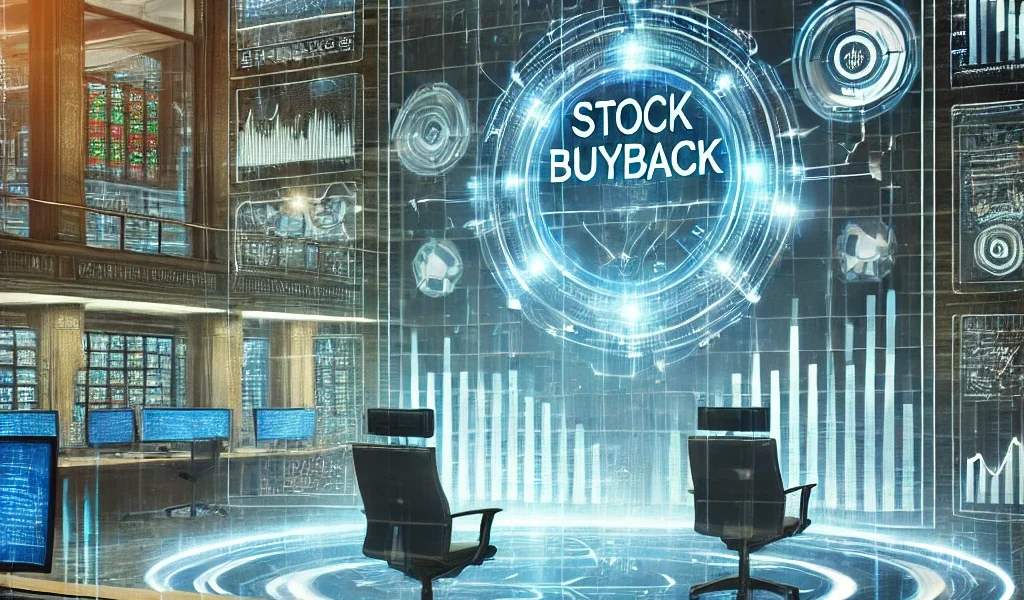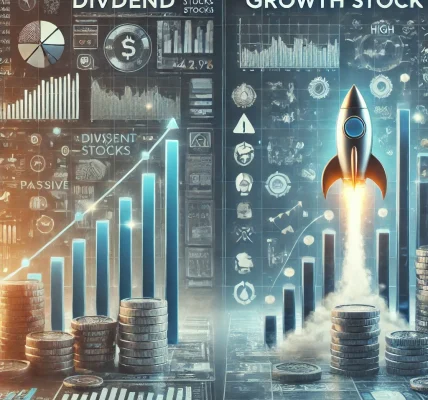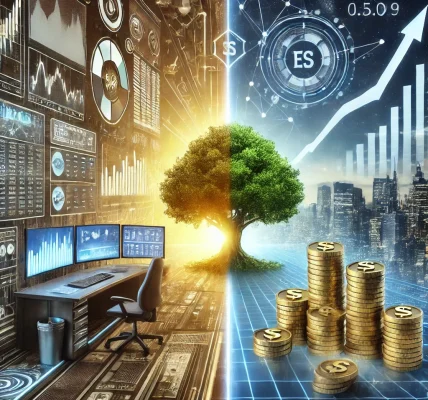Introduction
Stock buybacks, also known as share repurchase programs, have become a common strategy used by publicly traded companies to manage their share capital. But what exactly are stock buybacks, and how do they impact share prices and investors? This article explores the mechanics of stock buybacks, their benefits, potential drawbacks, and their influence on market dynamics.
What Are Stock Buybacks?
A stock buyback occurs when a company repurchases its own shares from the open market, reducing the total number of outstanding shares. This can be done through open market purchases or tender offers.
Types of Stock Buybacks
- Open Market Buybacks – Companies buy back shares at prevailing market prices.
- Tender Offers – Companies offer to buy shares at a specified price, often at a premium.
- Dutch Auction Buybacks – Shareholders bid on the price at which they are willing to sell shares, and the company buys at the lowest acceptable price.
Why Do Companies Repurchase Their Stock?
Companies engage in stock buybacks for various strategic reasons:
1. To Boost Share Prices
By reducing the number of shares available in the market, buybacks increase earnings per share (EPS), which often drives up stock prices.
2. To Return Capital to Shareholders
Stock buybacks are an alternative to dividends as a way of distributing excess cash to shareholders.
3. To Offset Dilution from Stock Options
Companies that issue stock options to employees often buy back shares to prevent dilution of existing shares.
4. To Signal Confidence
A stock buyback can be a signal that the company believes its stock is undervalued, boosting investor confidence.
5. To Improve Financial Ratios
A buyback can improve financial metrics like EPS and return on equity (ROE), making the company appear more attractive to investors.
How Stock Buybacks Impact Share Prices
Stock buybacks influence share prices in several ways:
1. Reduced Supply, Increased Demand
By reducing the number of outstanding shares, the supply decreases, which can lead to an increase in share price.
2. Enhanced Earnings Per Share (EPS)
Since profits are distributed over fewer shares, EPS rises, making the stock more attractive to investors.
3. Short-Term Price Boost
Buybacks often cause a short-term rise in stock prices as demand increases.
4. Long-Term Growth vs. Artificial Inflation
While buybacks can lead to long-term growth when done wisely, some critics argue that they artificially inflate stock prices without improving fundamental business performance.
How Do Stock Buybacks Affect Investors?
1. Positive Effects on Investors
- Higher Stock Value: Investors benefit if share prices rise after a buyback.
- Improved Financial Ratios: Investors see stronger financial metrics post-buyback.
- Flexible Returns: Unlike dividends, buybacks offer tax-efficient returns since capital gains are taxed only when shares are sold.
2. Potential Downsides for Investors
- Temporary Stock Price Inflation: Buybacks may boost prices temporarily, but long-term growth depends on business performance.
- Reduced Cash Reserves: Companies using cash for buybacks may have less capital for investments in growth opportunities.
- Risk of Buybacks at High Prices: If a company buys back shares at overvalued prices, it can be a poor use of capital.
The Controversy Around Stock Buybacks
1. Are Buybacks Beneficial or Harmful?
Some argue buybacks are a sign of a healthy company returning value to shareholders, while others claim they divert funds from productive investments like R&D and employee wages.
2. Regulatory Scrutiny
Governments and regulators have debated imposing stricter rules on buybacks, fearing that excessive buybacks may lead to income inequality and reduced corporate reinvestment.
Conclusion
Stock buybacks can be a powerful financial tool that benefits investors by increasing share value and improving financial metrics. However, they also carry risks if not executed properly. Investors should evaluate a company’s financial health and long-term strategy before considering the impact of buybacks on their investments. Understanding the pros and cons of stock buybacks can help investors make informed decisions in the evolving stock market landscape.




